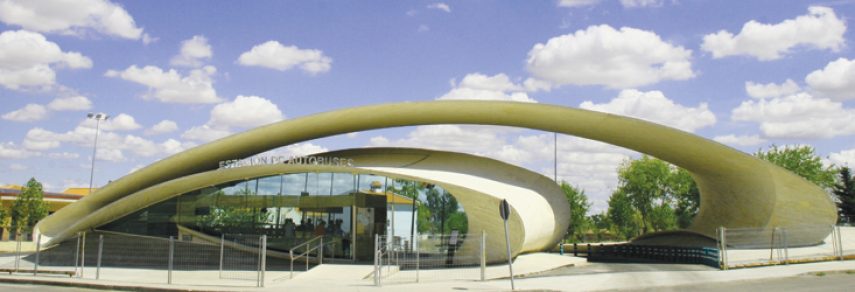CONSTRUCTION industry professionals need only devote five days of their time for intensive training in concrete technology to boost their own career opportunities and ensure that the structures they design have the sustainability the South African economy vitally requires.
This is the view of John Roxburgh, senior lecturer at The Concrete Institute’s School of Concrete Technology, who believes there is an alarming lack of civil engineers with sufficient knowledge of how concrete really works.
“Concrete technology skills are extremely scarce in South Africa mainly because too many professionals are either not prepared to devote time to study the subject or feel that such knowledge is not vital in their profession. But with increasing press reports of structures collapsing prematurely from all over the world, it is time for consultants to realise that they simply cannot do without a technological knowledge of concrete.”
Roxburgh said that if civil and structural engineers – and architects – had time for just one training course, the School of Concrete Technology’s SCT30 Concrete Technology should be their priority. The five-day training course with laboratory sessions cover important aspects such as:
- Properties of concrete in fresh, early, and hardened stages;
- Concrete mix design and production;
- Mix design for specialised applications;
- Off-shutter and architectural finishes;
- Formwork, reinforcement and joints;
- Defects, blemishes and repairs;
- Mixing water and chemical admixtures;
- Temperature’s effects on concrete quality; and
- Placing, compaction, protection, and curing.
Roxburgh said professionals who successfully complete the course could increase their concrete skills with more advanced training, culminating in the globally-respected Advanced Concrete Technology (ACT) certification. But, importantly, even if armed only with a SCT30 certification, professionals will command respect in the construction industry and be able to access wide-ranging career-boosting opportunities.
“Every construction company, cement producer, admixture supplier, ready mixed concrete company, concrete testing laboratory, precast concrete factory, structural consulting firm, municipality, government departments dealing with infrastructural development, architectural and quantity surveying businesses, project development and management firm needs the services of a person competent in concrete technology.
“The above list is actually far from exhaustive. There is, for one, the exciting and many faceted field of decorative concrete now increasingly emerging to further illustrate the huge scope for concrete technologists. The scarcity of concrete technologists is good news for anyone wanting to make a career out of concrete technology – and the SCT 30 Concrete Technology course is the launching pad for such ambitious professionals.”
Roxburgh said the importance of this course – which carries five CPD points – cannot be overstated. “It provides a strong foundation to all important concrete concepts along with delving into more advanced concrete mix design, cold and hot weather concreting, special mix types and dealing with heat in mass concrete. The education and competencies gained from this course will enable a budding concrete technologist to immediately make valuable contributions to concrete technology issues not only for his or her company but for the national construction industry as a whole.”
Minimum entrance requirements for the course is a Grade 12 education.

